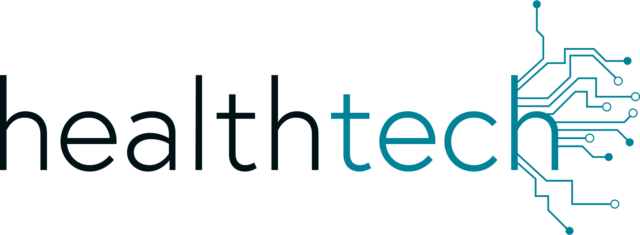
At last count, the Food and Drug Administration has authorized 950 medical devices that use artificial intelligence and machine learning. But far fewer have made a significant impact on patient care in the United States.
For medical AI developers like James Zou, that’s a problem. The Stanford professor is invested in getting effective medical machine learning — including some of his own, FDA-cleared algorithms — adopted by health systems.
In two recent papers, Zou examined the clinical adoption of medical AI devices, finding that a tiny minority of FDA-authorized devices are being reimbursed at any kind of scale — and delving into different models for how health systems could pay for medical AI.

This article is exclusive to STAT+ subscribers
Unlock this article — and get additional analysis of the technologies disrupting health care — by subscribing to STAT+.
Already have an account? Log in






